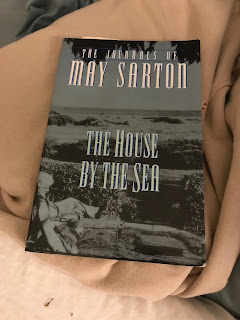"..the gift of life has revealed itself in the midst of all the losses." Henri Nouwen
I’m going to do something a little different with the slim volume I’m reading called Turn My Mourning Into Dancing by Henri Nouwen. I’m going to write about each section of the book because to do otherwise would be unmanageable. The book reveals too many truths and inspires too many thoughts to do less.
The first section of the book addresses how we deal with our own suffering. There are so many different kinds of brokenness and loss in our lives. We all struggle with letting the same situations and the same people break our hearts over and over again. The worst pain doesn’t come at the time of wounding; it comes at the time of scarring. We have all been scarred; we are all wounded.
Nouwen teaches that the way out of suffering is “in and through,” that we must accept suffering and move through it instead of fleeing from it. He says that only those who can fully face, confront, and accept their pain can heal and grow. Attempting to avoid and forget pain only temporarily masks it. Embracing your whole life, including your pain, and finding peace in spite of it keeps you whole. It sounds facile and cliched to say that it’s not about what happens to you but how you handle it, but it really is true. And this is a truth we have to learn and re-learn every day. It is perhaps the most difficult, yet most important of all truths of who we are, who we become, and how we affect the world around us.
Often, we need only to step outside of ourselves and our lives to forget in order to remember: to forget the overwhelming mess we live in and to remember the overwhelming beauty that we live among. Sometimes, just doing one little thing: a walk, a ride, a movie, dinner with a friend will re-center our entire lives for that one moment in time. And sometimes, that’s the best we can hope for -- one calm moment. Because all life is really about is choosing to keep breathing in gratitude and breathing out compassion. When we are wrapped up in our own pain, we skip right over the pain of others. When circumstances around us seem to be spiralling out of control, we feel helpless and insignificant, and we rant and rave just to be heard, to exert some kind of control and influence. But the voice that heals is the quiet voice of peace.






